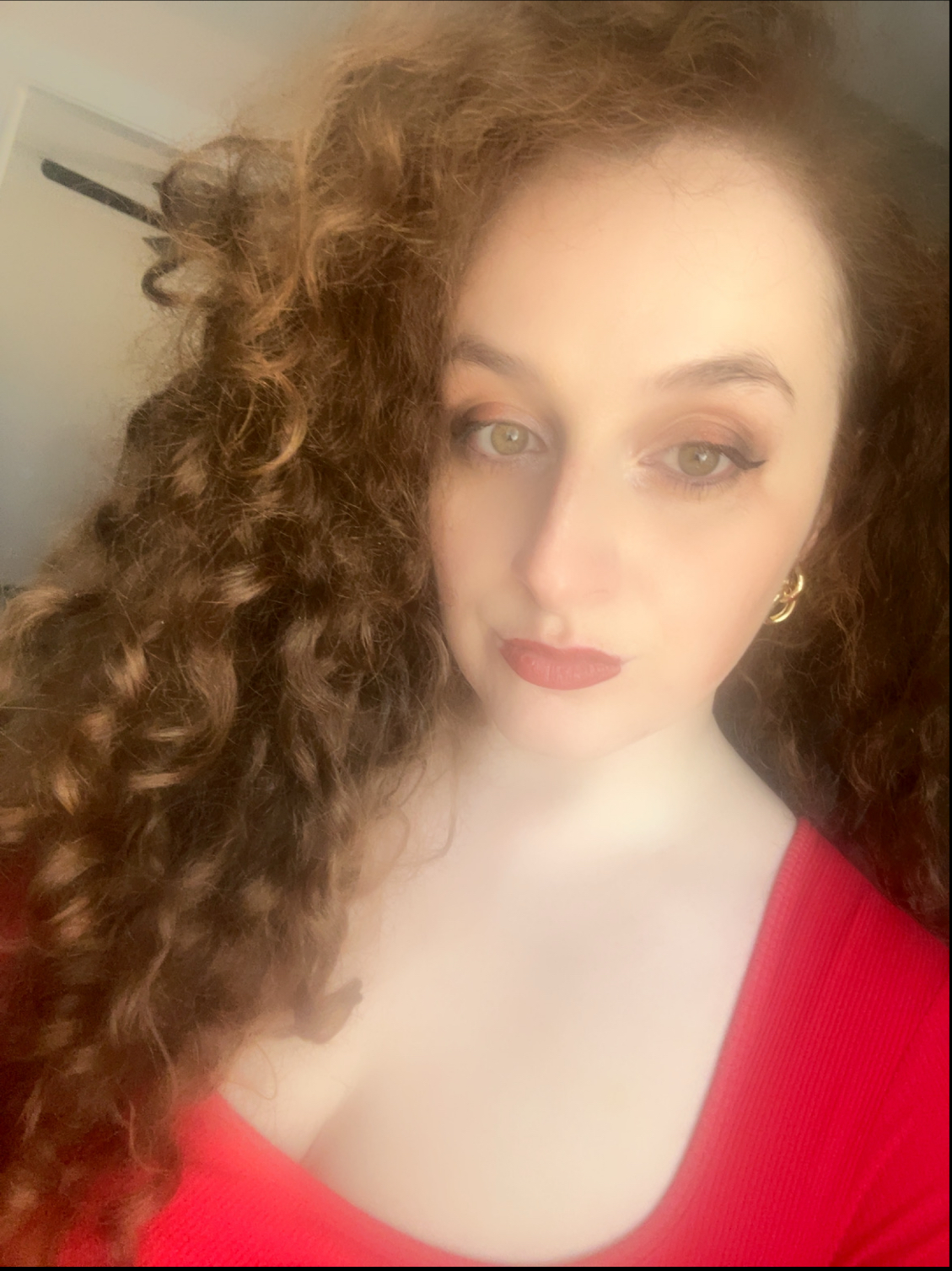
Margaret, born to Jewish refugees from the Moldovan Soviet Socialist Republic, carries a profound legacy of resilience. Her family’s history, marked by survival through the Holocaust in and the oppressive regimes of fascist right-wing Nazi Germany, the socialist left-wing Soviet Union, and living in an Islamic society such as Uzbekistan shapes her understanding of identity and adversity.
With a Masters in Global Affairs from the University of Oklahoma, Margaret was deeply influenced by her studies, particularly a course on “Minorities in the Middle East” taught by an Israeli professor. This course reshaped her perspective on identity and the challenges faced by minorities in Islamic societies.
Her professional journey includes over two years in refugee resettlement, teaching HIV/AIDS awareness in South India, interning for the UN Association in the UAE, and engaging with UN agencies in Brazil to explore the contradictions in international discourse.
In 2021, Margaret encountered antisemitism and harassment while working at a refugee humanitarian agency in Arizona. Her observations revealed systemic issues within NGOs, including racism, tribalism, and religious biases. She also noted the pressures faced by refugees from Muslim-majority societies, where women often experience inequality, and LGBTQ identities, child marriages, and honor-based violence pose significant challenges.
Margaret is determined to challenge these harmful practices, which are dismissed as “cultural,” and hopes to inspire meaningful change in global humanitarian efforts before it’s too late. Her story is one of courage, advocacy, and an unwavering commitment to justice and equality.